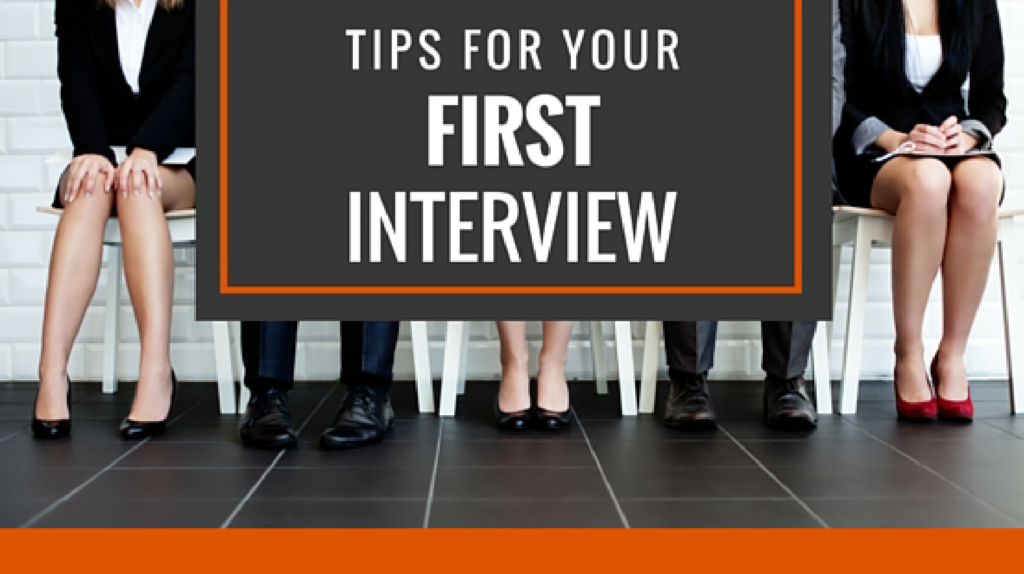Successfully wrapping up your first interview is crucial in leaving a lasting positive impression on the hiring manager. As an insurance recruiter, I have witnessed many talented candidates fumble during the final moments of an interview. They tell me they “aced it”, only to be disappointed and bewildered when they don’t get an invite to the 2nd interview.
Don’t let this happen to you! Here’s some tips to help you increase your chances of moving forward in the hiring process.
Write down a list of questions ahead of time.
Before concluding the interview, it is essential to ask any pertinent questions that may have arisen during the interview. Write down a list of questions ahead of time and this will help as a guide in case you get nervous and draw a blank during your interview. Asking thoughtful, well-prepared questions demonstrates your engagement and gives you further insight into the role and company.
Make sure you address any concerns or gaps proactively:
If you feel there may be any areas where your qualifications may not align perfectly with the role requirements, it is essential to address them directly. Use this opportunity to showcase your ability to adapt, learn quickly, or emphasize transferrable skills. Displaying self-awareness and a willingness to grow can offset potential concerns the interviewer may have had.
Seek clarification on next steps and ask this key question:
Be sure to inquire about the next steps in the hiring process, as this shows you are proactive and eager to move forward. Use the TDPPR method: Time, Date, Person, Place and Reason for the next meeting. Your goal is to not leave the interview until you have a good understanding of the next steps in the process. Once the interviewer has explained their hiring process, ask this question. “Do you see any reason why you wouldn’t move me to the next step in the interview process?” Then, be quiet and wait for the answer. If they tell you that they are still in first rounds and they still need to interview others, say great, you understand, and then inquire as to when they will be calling back the 2nd round candidates. If the interviewer starts asking about when you could start or asks about other companies or offers you may have on the table, these are all clear “buying signs”. Answer the questions and make sure that you emphasize your specific interest in the interviewer’s firm, summarize your job fit, and explain why it is a top choice. Then, if possible, offer your schedule and try to pin down a 2nd meeting before you get off the call.
If you don’t get a positive response to your “next step” question, try to understand if the interviewer perceives any initial shortcomings in your qualifications or experience that will keep you from getting the job.
By asking if they see any reason why they wouldn’t move you forward, you also give the interviewer a chance to share with you if they feel like you are missing a key competency or specific type of experience that is a hard requirement of the role. This gives you an opportunity to further explain the perceived weakness and to offer specific examples to boost your candidacy for the role. After you offer evidence that you have the missing qualification or could learn it, gauge the interviewer’s response, and if it is positive, ask for feedback to make sure you have thoroughly covered the issue, and gain agreement that you are someone they definitely want to consider for a next meeting. If the interviewer is still noncommittal, chances are that the interviewer feels that the role isn’t a fit for you or the present needs of their firm. If the interviewer is positive and seems enthusiastic, but doesn’t offer a 2nd interview plan, ask for when you can follow up with them. Make sure you get their contact info and be sure to send a follow up email within 24 hours of the meeting.
Successfully wrapping up your first-round interview is a critical step in the hiring process. Knowing the steps in the interview process helps you to understand how competitive you actually are for a 2nd interview and helps set realistic expectations about your chances of landing the role. Either way, it saves you valuable time so that you are not pinning your hopes on the role or worse, pausing your job search in hopes of landing the position. Remember, the key is to showcase your enthusiasm, professionalism, and genuine interest in the opportunity and to try to set up the next meeting before you leave the first one or at least establish a plan for follow up.
If you feel like you need some interview help landing your next insurance job, contact me, and let’s talk about your job search goals.


